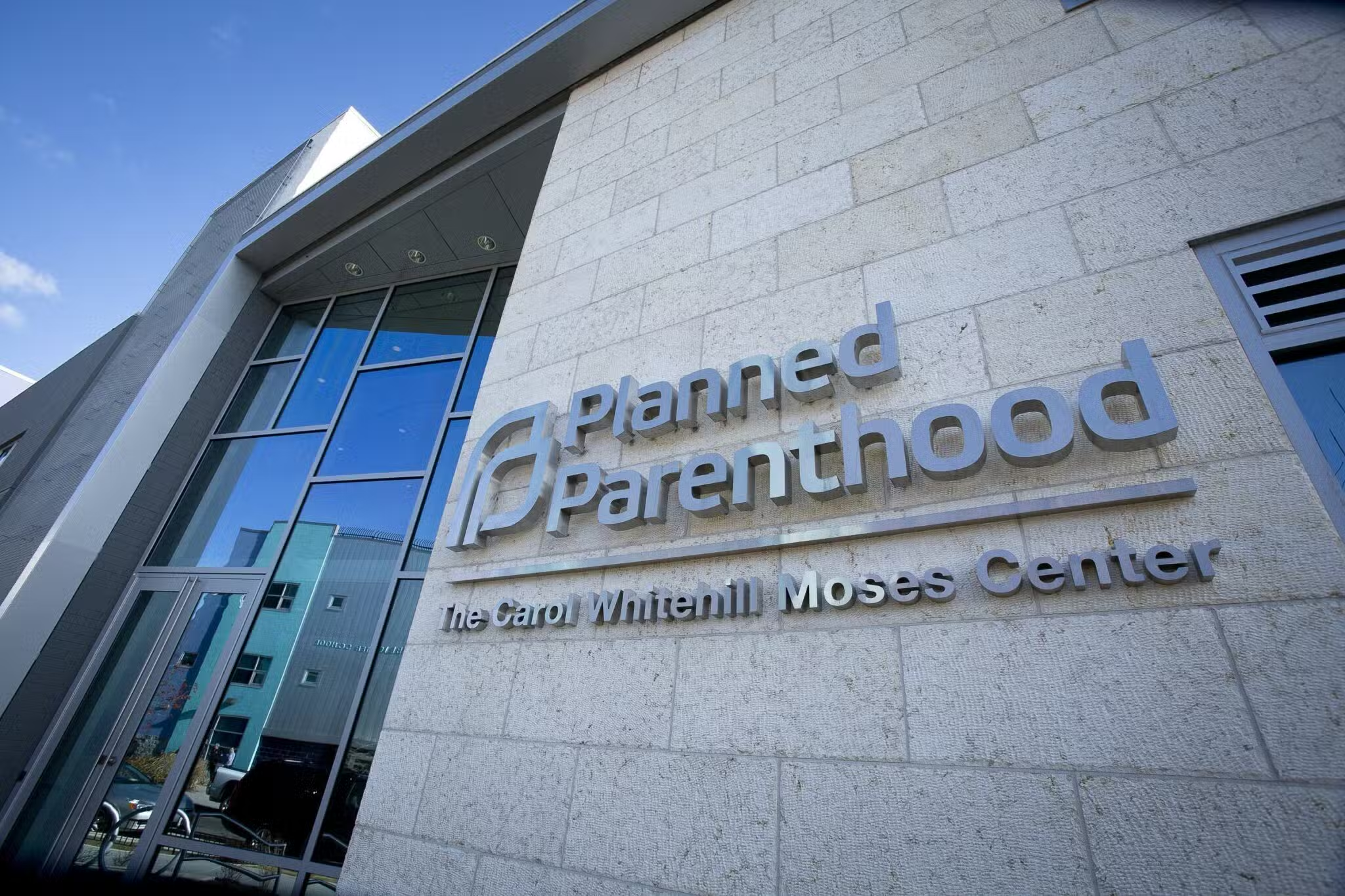TORONTO (CNS) — Canada’s bishops wound up their first in-person meetings in three years with discussion of concrete steps toward reconciliation with Indigenous Canadians.
At the end of four days of plenary meetings of the Canadian Conference of Catholic Bishops in Cornwall, Ontario, Edmonton Archbishop Richard Smith told a news conference that the bishops are following the example of Pope Francis and the priority he placed on meeting with Indigenous people.
“I don’t think it overstates it to say it was a pivotal moment in the history of this country,” Archbishop Smith said Sept. 29, referring to pope’s July pilgrimage across Canada. “This was an historic moment, hopefully a moment of healing and moving things forward on this journey.”
Archbishop Smith pointed to the sacrifice Pope Francis made to be in Canada despite his health issues, to fulfill the promise he made in March to visit Indigenous people on their land for the feast of St. Ann.
“We could see — being close to the pope — that he was in continual pain. But he wanted to be here, and before he ever spoke a word, his presence was the message,” Archbishop Smith said.
The pope’s presence translates into a mandate for Canada’s bishops, said Calgary Bishop William McGrattan.
“The apology in words was important. But he (Pope Francis) also stressed to us that we needed to support that by concrete actions,” Bishop McGrattan said.
Among those concrete steps are a series of planned pastoral letters to the First Nations, Inuit and Métis people. Archbishop Smith emphasized that the proposed letters will emerge out of extensive consultations with Indigenous leaders, but he would not commit to a timeline on when the letters might be expected. A pastoral letter to Indigenous Canadians has been on the bishops’ agenda for years, but delayed by other issues, COVID-19 and then the papal visit.
“Now, it’s back in the forefront,” Archbishop Smith said. He added that consultations, debriefings and continued conversations with Indigenous people will determine when the pastoral letter will be published.
“Just writing a letter is insufficient. If we have learned anything, we’ve learned much from this journey that we’re on with Indigenous people, it is the centrality — the central foundational, importance — of relationship. … We would want to approach this with the understanding that the bishop himself is the letter,” Archbishop Smith said.
At their meetings, the Canadian bishops agreed it should be easier for residential school survivors and their families to access whatever records are in diocesan archives, said Bishop McGrattan. In coming months, the CCCB will produce guidelines for diocesan archivists to speed up the release of records, he said.
In a letter to Pope Francis, sent as the bishops began their meetings, Bishop Raymond Poisson, CCCB president, emphasized how relations with Indigenous Canadians are at the top of the bishops’ agenda.
“There can be no question that it (the pope’s pilgrimage to Canada) has left a profound and lasting mark on Canada, Indigenous Peoples and the local and universal church,” Bishop Poisson wrote. “Your presence among us, as well as your words of healing, reconciliation and humanity have helped all of us to take significant steps forward as we walk together toward a more hopeful future.”
The $18.6 million tab for the pope’s visit will be covered by “donations from parishioners, contributions from the Canadian Conference Catholic Bishops, also some contributions from dioceses across the country,” Archbishop Smith said.
By Michael Swan | Catholic News Service







News & Commentary
Canadian bishops vow to follow pope’s example with Indigenous
TORONTO (CNS) — Canada’s bishops wound up their first in-person meetings in three years with discussion of concrete steps toward reconciliation with Indigenous Canadians.
At the end of four days of plenary meetings of the Canadian Conference of Catholic Bishops in Cornwall, Ontario, Edmonton Archbishop Richard Smith told a news conference that the bishops are following the example of Pope Francis and the priority he placed on meeting with Indigenous people.
“I don’t think it overstates it to say it was a pivotal moment in the history of this country,” Archbishop Smith said Sept. 29, referring to pope’s July pilgrimage across Canada. “This was an historic moment, hopefully a moment of healing and moving things forward on this journey.”
Archbishop Smith pointed to the sacrifice Pope Francis made to be in Canada despite his health issues, to fulfill the promise he made in March to visit Indigenous people on their land for the feast of St. Ann.
“We could see — being close to the pope — that he was in continual pain. But he wanted to be here, and before he ever spoke a word, his presence was the message,” Archbishop Smith said.
The pope’s presence translates into a mandate for Canada’s bishops, said Calgary Bishop William McGrattan.
“The apology in words was important. But he (Pope Francis) also stressed to us that we needed to support that by concrete actions,” Bishop McGrattan said.
Among those concrete steps are a series of planned pastoral letters to the First Nations, Inuit and Métis people. Archbishop Smith emphasized that the proposed letters will emerge out of extensive consultations with Indigenous leaders, but he would not commit to a timeline on when the letters might be expected. A pastoral letter to Indigenous Canadians has been on the bishops’ agenda for years, but delayed by other issues, COVID-19 and then the papal visit.
“Now, it’s back in the forefront,” Archbishop Smith said. He added that consultations, debriefings and continued conversations with Indigenous people will determine when the pastoral letter will be published.
“Just writing a letter is insufficient. If we have learned anything, we’ve learned much from this journey that we’re on with Indigenous people, it is the centrality — the central foundational, importance — of relationship. … We would want to approach this with the understanding that the bishop himself is the letter,” Archbishop Smith said.
At their meetings, the Canadian bishops agreed it should be easier for residential school survivors and their families to access whatever records are in diocesan archives, said Bishop McGrattan. In coming months, the CCCB will produce guidelines for diocesan archivists to speed up the release of records, he said.
In a letter to Pope Francis, sent as the bishops began their meetings, Bishop Raymond Poisson, CCCB president, emphasized how relations with Indigenous Canadians are at the top of the bishops’ agenda.
“There can be no question that it (the pope’s pilgrimage to Canada) has left a profound and lasting mark on Canada, Indigenous Peoples and the local and universal church,” Bishop Poisson wrote. “Your presence among us, as well as your words of healing, reconciliation and humanity have helped all of us to take significant steps forward as we walk together toward a more hopeful future.”
The $18.6 million tab for the pope’s visit will be covered by “donations from parishioners, contributions from the Canadian Conference Catholic Bishops, also some contributions from dioceses across the country,” Archbishop Smith said.
By Michael Swan | Catholic News Service